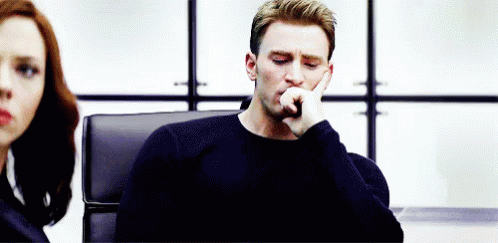- Joined
- Jul 25, 2004
- Messages
- 2,659
- Reaction score
- 89
I hope so. It would only look off until people got used to it. There's nothing special about movies running at 24 fps; we're just used to seeing them that way so they look awkward at any other speed.
My guess is it's similar to the same commitment a lot of directors have towards actual film versus digital recordings. Some film junkies get excited over things being shot in/for black and white. So I can see why 24 fps might matter to them, but I certainly don't need things to run at 24 fps.
It looks like most the thread disagrees though. *Shrugs*
From a filming aspect, it'll be very difficult to shoot let's say a hand to hand fight scene at 60 fps.
If you shoot the scene of Morpheus vs Neo in the Matrix in FPS, it would look like this:
That video isn't even close to 60 fps but you get the point.
Filming that fight scene at 60 fps would risk injury and expose how slow they actually move when filming. It's also why fight scenes in movies don't look anything like a real life fight. There's not as much finesse when there's bones being thrown at you full speed.
I remember when Jet Li started making American movies, they had to make him slow down his movements because they were too fast for their 24p cameras to pick up.
Last edited:



